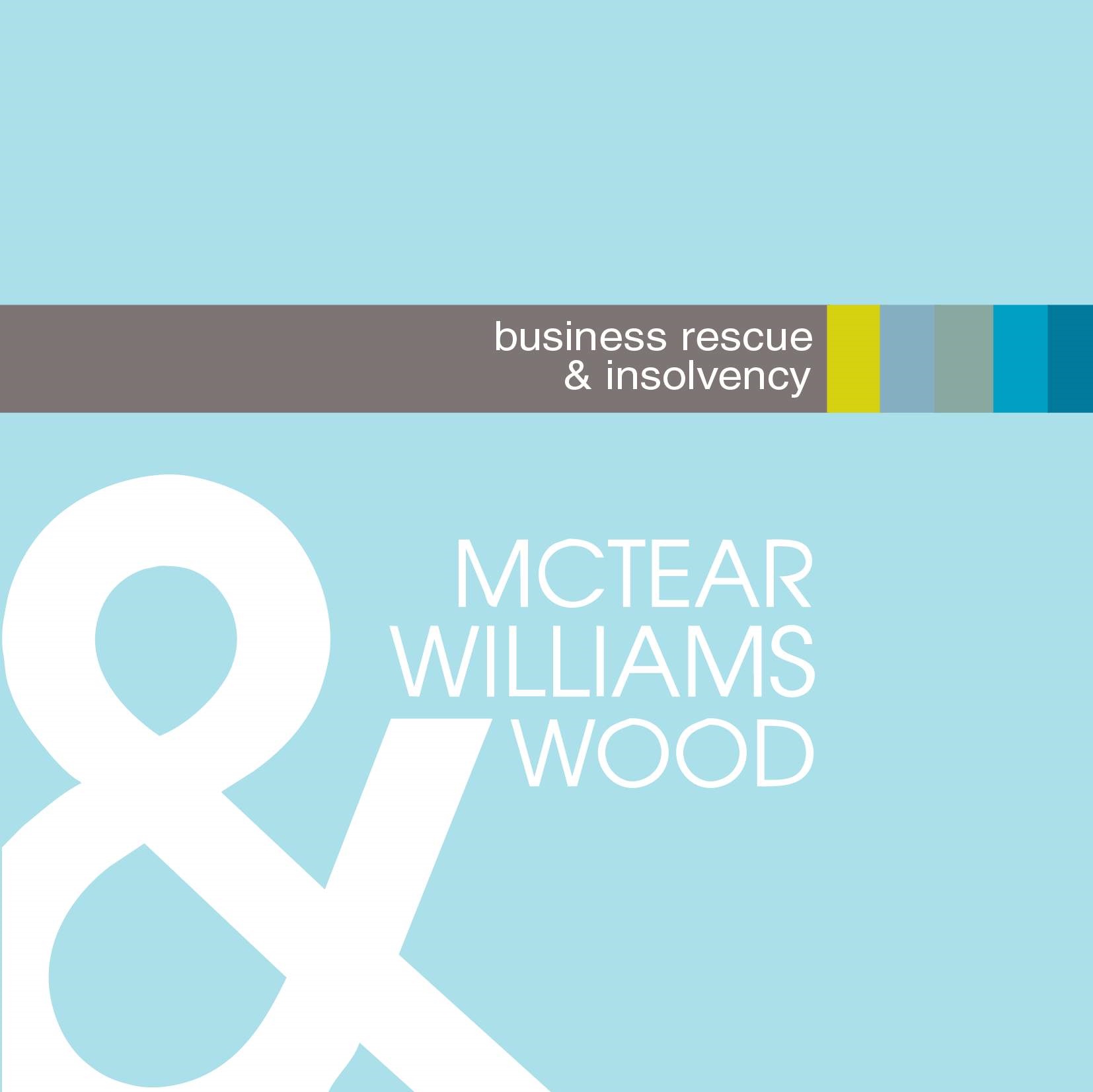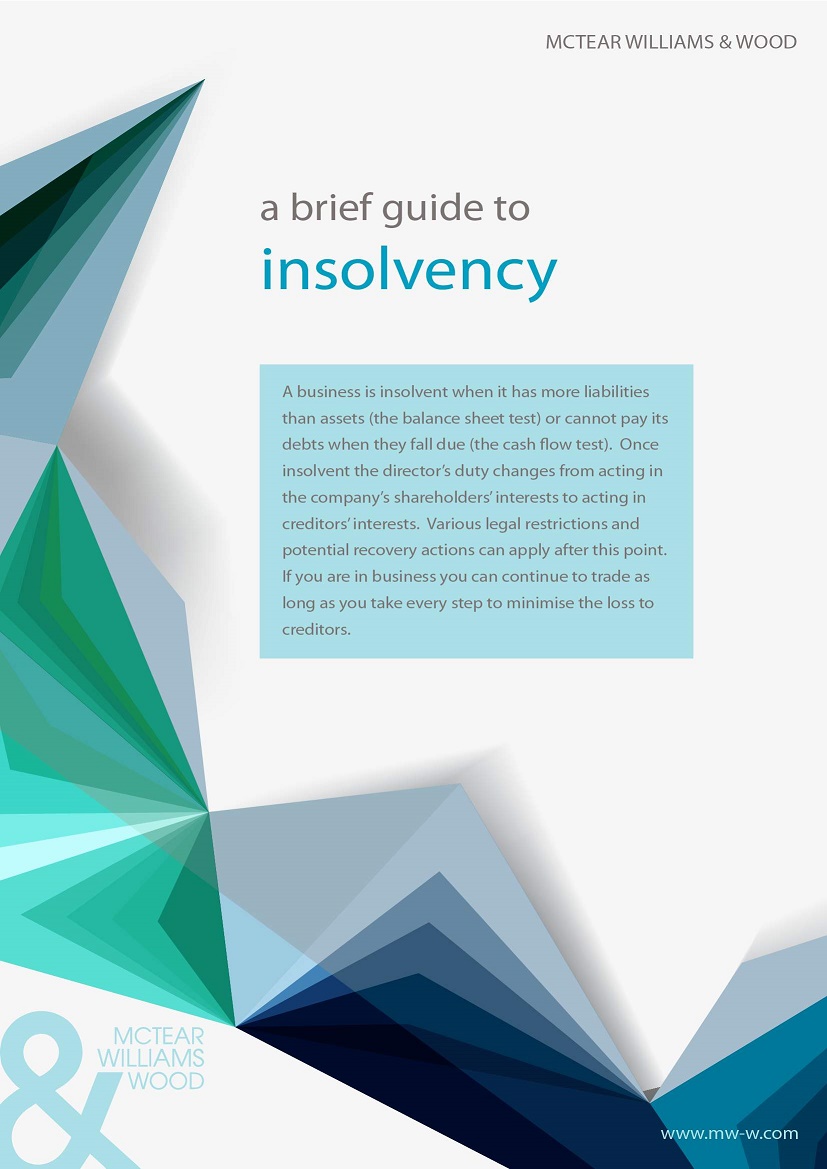What is insolvency?
In short
Insolvency is where you or your business cannot afford to pay your debts either in full or on time. You’ve probably heard the term on a frequent basis but do you know what being insolvent really means for a business and its directors? If you’ve found yourself asking 'what is insolvency?' see below for more information.
In more detail
There are two legal definitions of insolvency. These are the legal test a Court would use to decide if you are insolvent.
- Firstly, do your liabilities (what you owe) exceed your assets (what you own).
- Secondly, are unable to pay your debts as they fall due? This often comes as a surprise as there are a lot more people or businesses in this position than the first.
How to tell if your business is insolvent
The easiest way to tell if you are insolvent is to look at your most recent balance sheet. A balance sheet is a snapshot of what assets and liabilities you have. If you owe more than you own you are classified as insolvent. Usually at the bottom of your balance sheet there will be a total, if this is in brackets (a minus figure), then that means you are insolvent.
Being unable to pay your debts (suppliers, HM Revenue and Customs) as they would normally fall due is another sign that you are insolvent. In cases of disqualification the Insolvency Service look for evidence of threatening letters and county court judgements ('CCJs') to prove that you were insolvent and should have stopped trading instead of carry on and making the situation worse.
Insolvency is where you or your business cannot afford to pay your debts either in full or on time.
What options are open to insolvent companies?
The first thing that you should do is take professional advice from a licensed insolvency practitioner like us. If you don’t know one and you're unsure then usually your solicitor or accountant can recommend one.
Insolvency practitioners will review your finances and give you a list of alternative options. These should cover:
- Continuing with business as normal but carefully monitoring the situation.
- Try to raise more finance or funding.
- Stop trading now and go into liquidation.
- Use a Company Voluntary Arrangement ('CVA') to restructure your existing debts.
- Go into administration to protect the business.
Many directors or business owners may not want to accept that they need help but speaking to us sooner rather than later often gives way to more options. We can help, so contact us today on 0800 331 7417.


